Game Changer Artificial Intelligence, from Automation to of Digital Systems
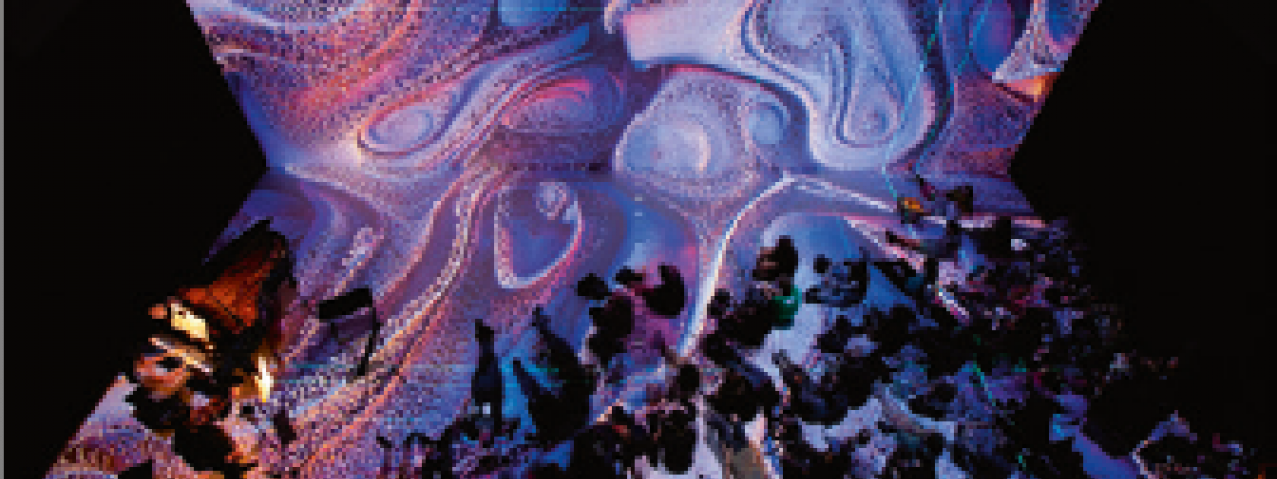
In Gerfried Stocker's words, Ars Electronica is "a traditional organisation focusing on digital technology". Founded in 1979 in Linz, Austria, Ars Electronica began as a five-day festival for digital art happened annually. Many in the industry consider the Ars Electronica festival to be the most exciting event for digital artists worldwide. Today, it has successfully grown from a festival to an aggregation of infrastructures supporting the digital arts industry. Prix Electronica is the other annual event under Ars Electronica and is now the largest international competition for cyber arts. "This year, we received 3,500 submissions from 95-100 countries." Stocker says.
In addition to the annual festivals and competitions, Ars Electronica also offers Ars Electronica Center, an educational facility, as well as Ars Electronica Futurelab, a research centre. "Presenting is not enough. You need your infrastructure to produce and do research for development," Stocker says.
In Stocker's opinion, Ars Electronica's decades-long success comes down to two factors. "The first important thing is joining forces, and the second is arts thinking, to be able to open up your mind to possibilities and tap into different directions. Design thinking is a very powerful tool to find solutions to problems. Design thinking narrows down, and arts thinking opens up our perspectives."
Diversity and interdisciplinary is no new tale in the world of Arts and Design, and it is the same for Ars Electronica. Stocker says: "We need to bring together the expertise of people from different disciplines." At Ars Electronica, the fusion of technology and the arts happens on a daily basis. "It doesn't matter so much how advanced the technology is. With the expertise of art, you can find a better understanding of the transformational forces technology has in society." Stocker explains.
Ars Electronica's recent projects all embody these ideas. We see a wide range of offerings by the organisation, ranging from live classical music visualised through contemporary digital art; dress made of modified silk with fluorescent proteins; song lyrics recorded as DNAs within a strand of bacteria. With art and technology, innovation and advancements in any discipline is made possible, in the meantime opening up more opportunities in research and educational purposes.
With all these exciting projects achieved, Stocker and Ars Electronica still face a fundamental question. "How far do we want to go with technology?" While the world has yet to reach to a solid agreement on the moral conduct of technology innovations and the extent of their applications, knowing that organisations like Ars Electronica are relentlessly exploring and trying to understand more, we feel that we're in good hands.
Others
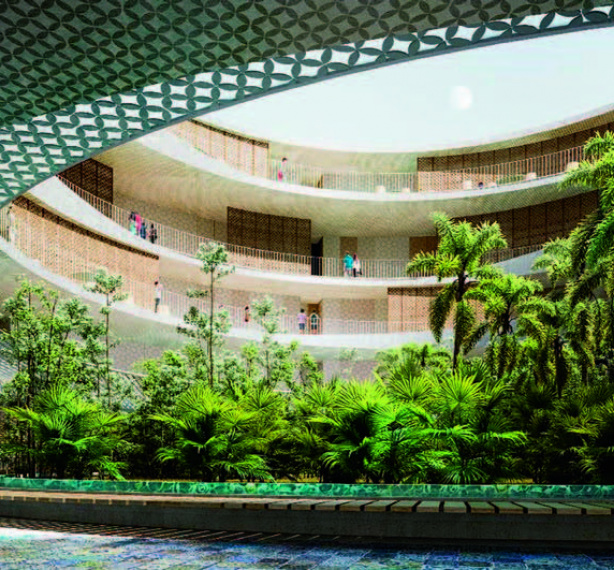
Latest News | 1 January 2023
Mario Cucinella on Green Architecture
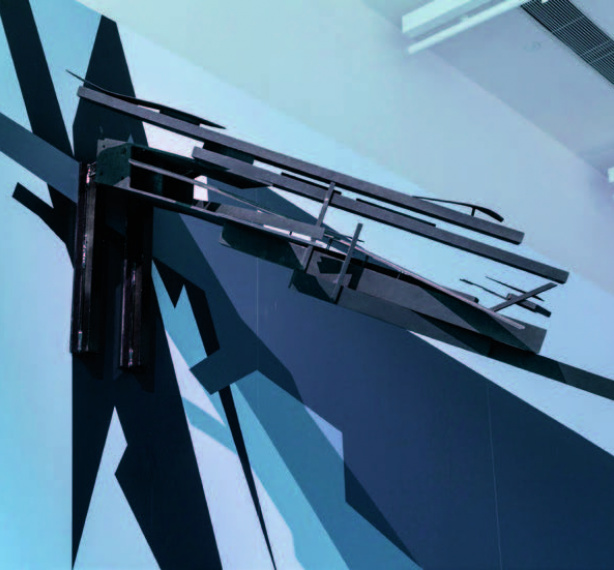
Latest News | 1 January 2023
The Future of Urbanism
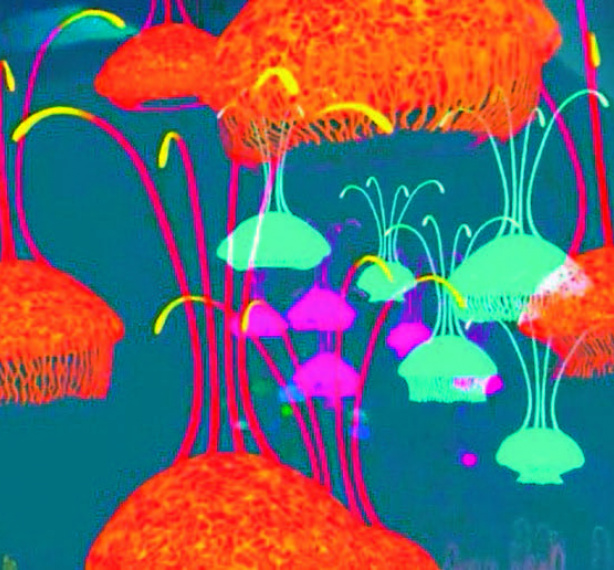
Latest News | 1 January 2023
VR for Pain Management
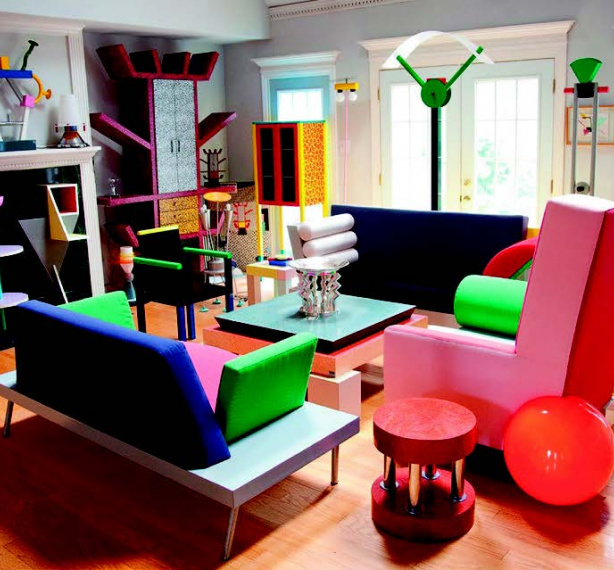
Latest News | 1 January 2023
Beyond Design

Latest News | 1 January 2023
A Feel for the Future of Bioengineering
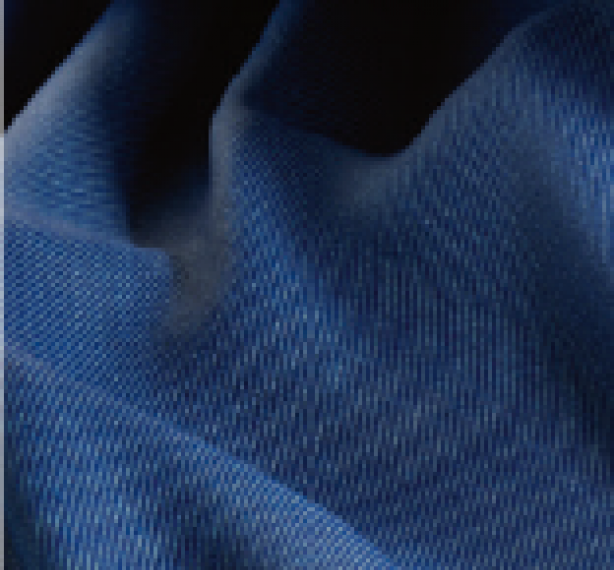
Latest News | 1 January 2023
Sampling the Future of Fashion

Latest News | 1 January 2023
A Step Beyond Wrapping Products
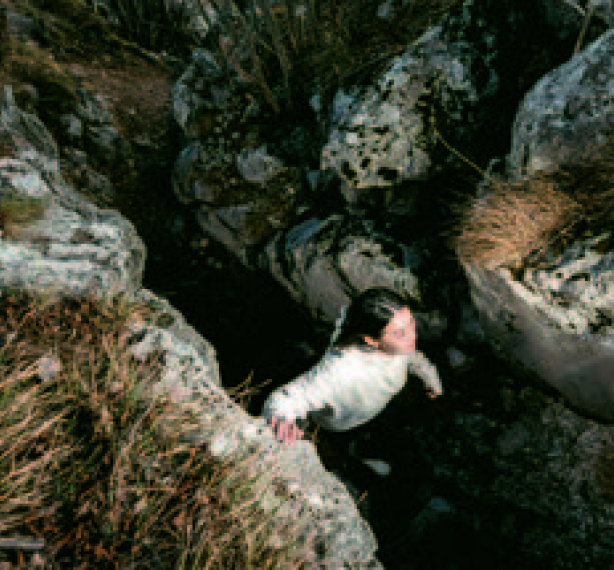
Latest News | 1 January 2023
Spider-Inspired Eco-Fabric
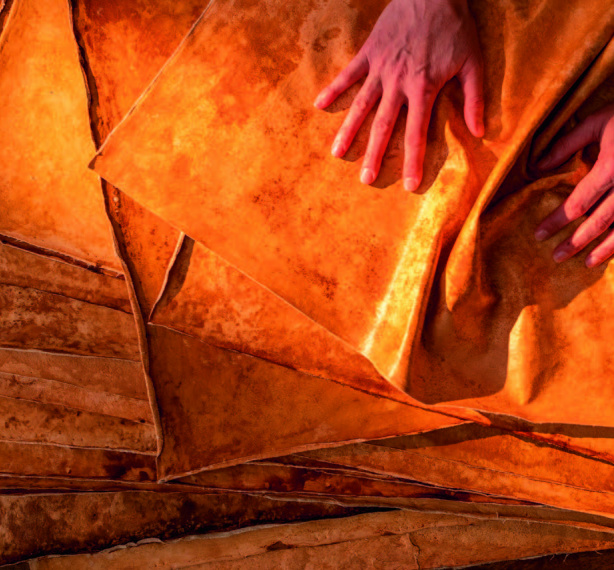
Latest News | 1 January 2023
Fungi Stakes a Claim in the Luxury Market
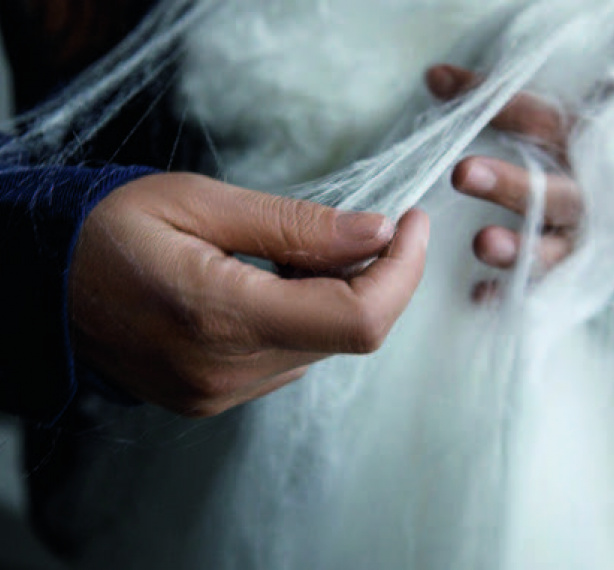
Latest News | 1 January 2023
Rethinking the Everyday: Material Non Material
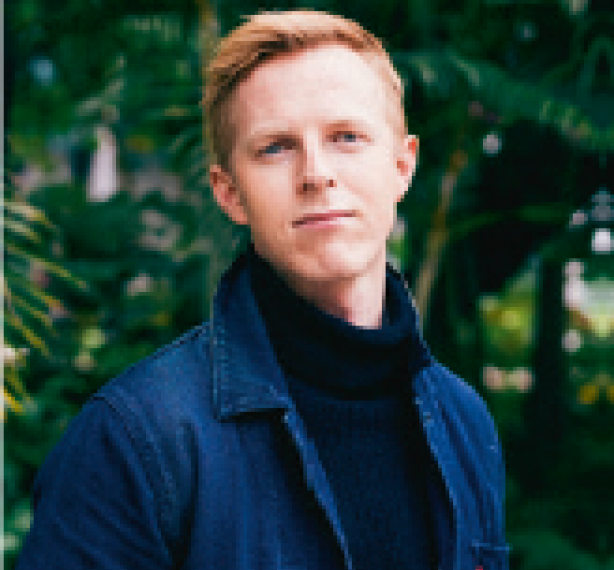
Latest News | 1 January 2023
Why Digital Materials are Critical to the Future of Fashion
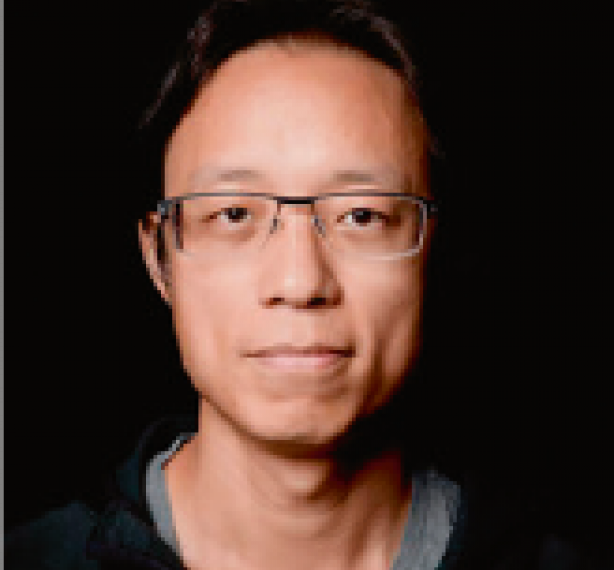
Latest News | 1 January 2023
The True Metaverse will be Decentralized
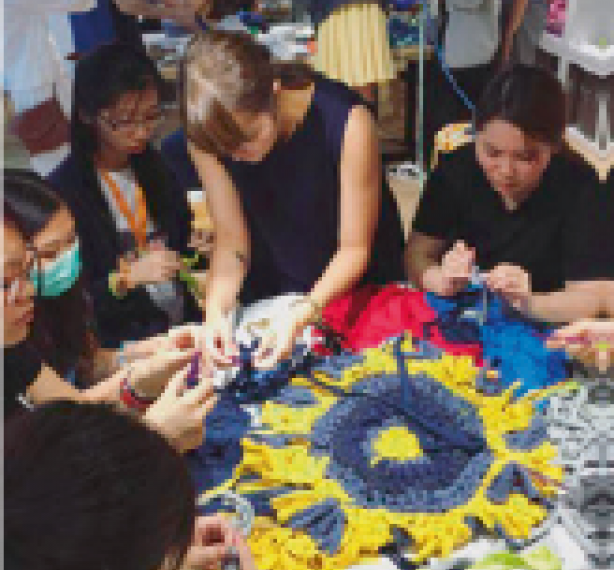
Latest News | 1 January 2023
Sustainability in Education
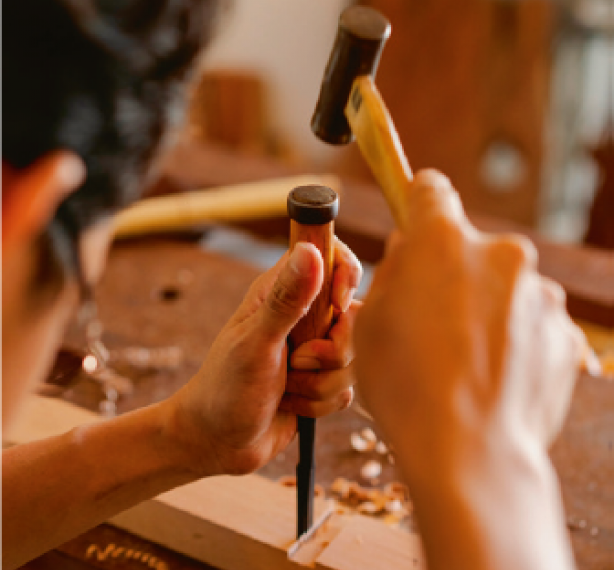
Latest News | 1 January 2023
The Tree Project Vision
Latest News | 1 January 2023
test
